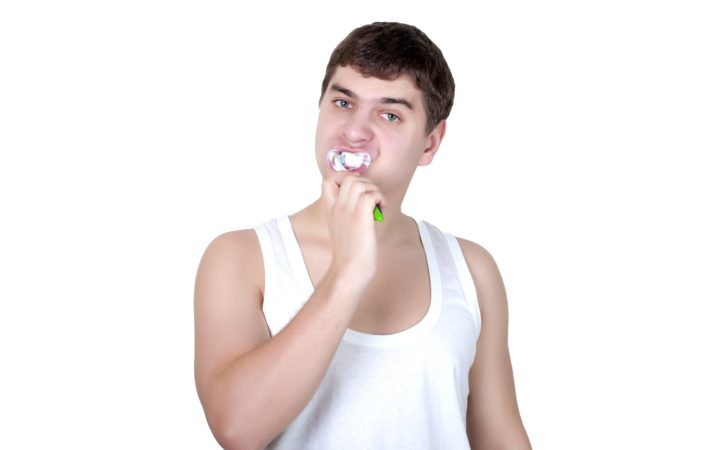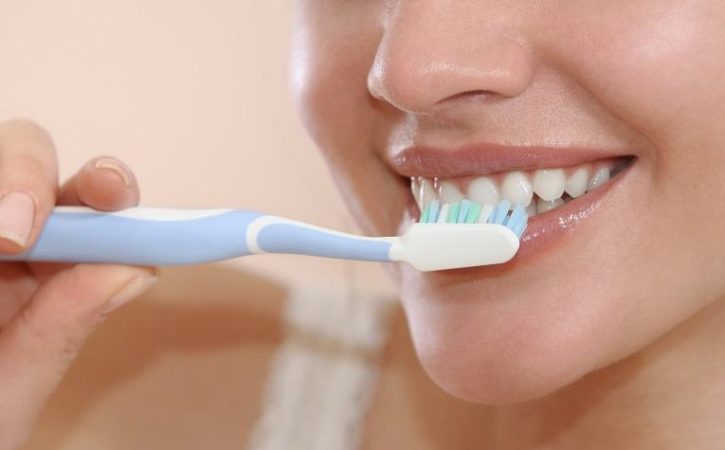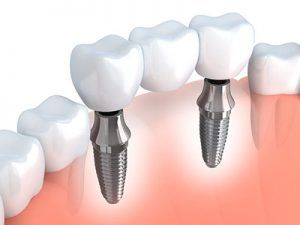Do you suspect that you or a family member might be suffering from a condition known as sleep apnea? This is a condition characterized by loud snoring.
A dentist can also identify three potential indicators of sleep apnea:
– The enamel of your teeth can become eroded from a lack of saliva.
– You may also grind your teeth when sleeping.
– Gum tissues could likewise be inflamed.
“Sleep apnea is a debilitating sleep disorder in which a person actually stops breathing at numerous points throughout the night.”
Learn more here:
https://yourdentalhealthresource.com/how-does-a-dentist-diagnose-sleep-apnea/


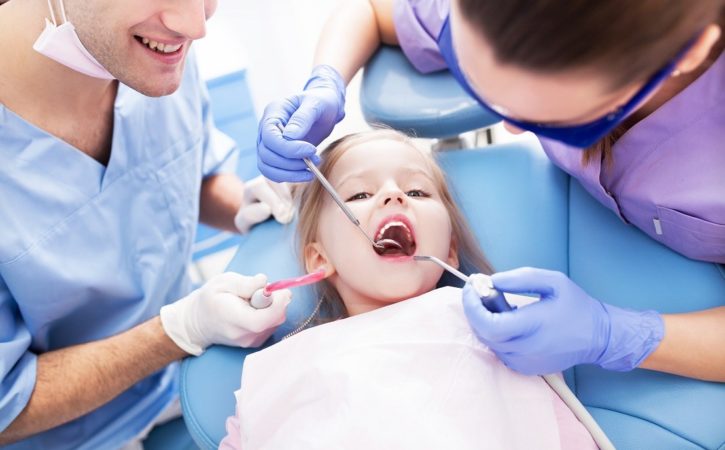
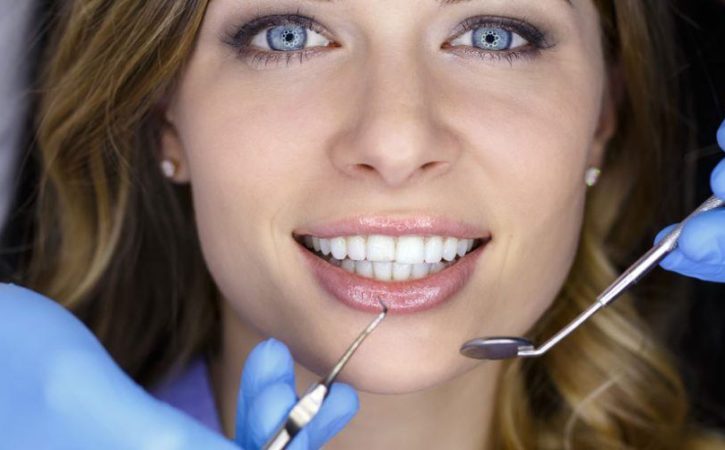
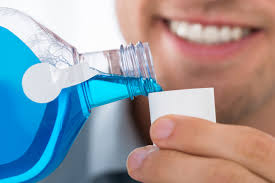
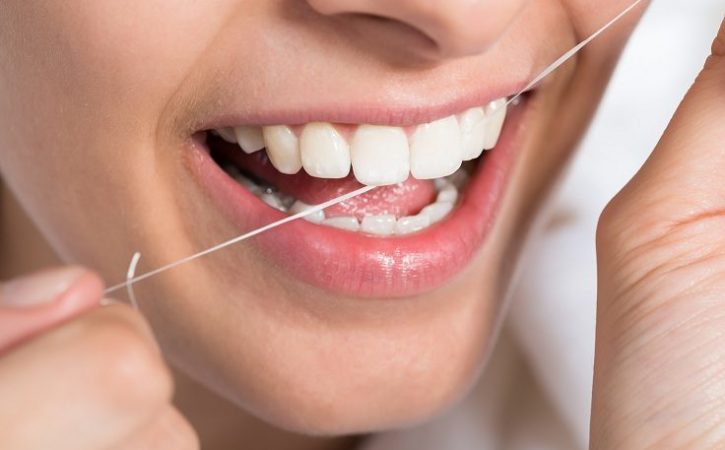
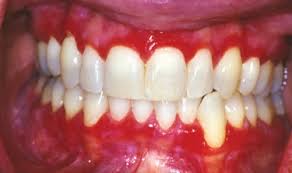 White spots on your gums could be signs of various conditions. It is advisable to see your dentist for a diagnosis to get the correct treatment.
White spots on your gums could be signs of various conditions. It is advisable to see your dentist for a diagnosis to get the correct treatment.
